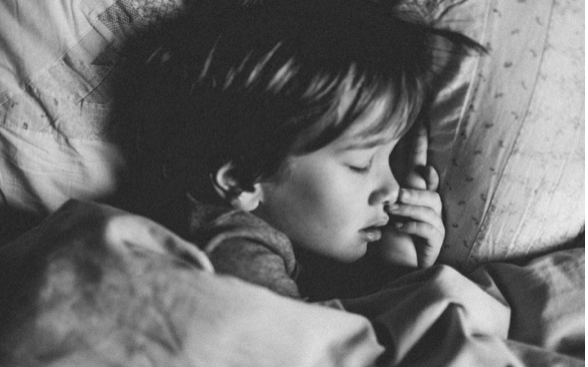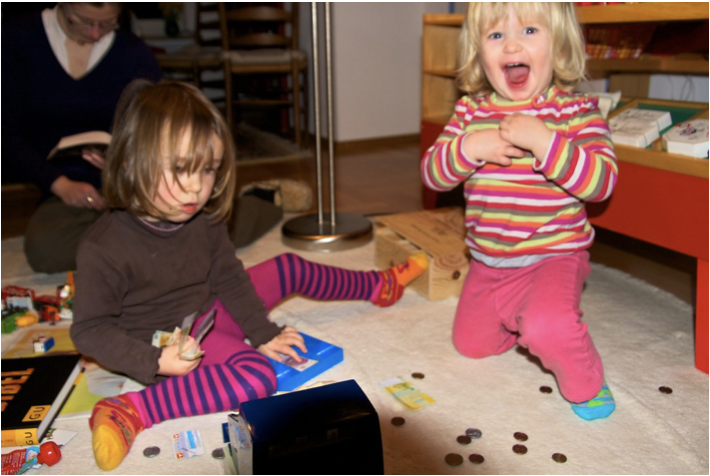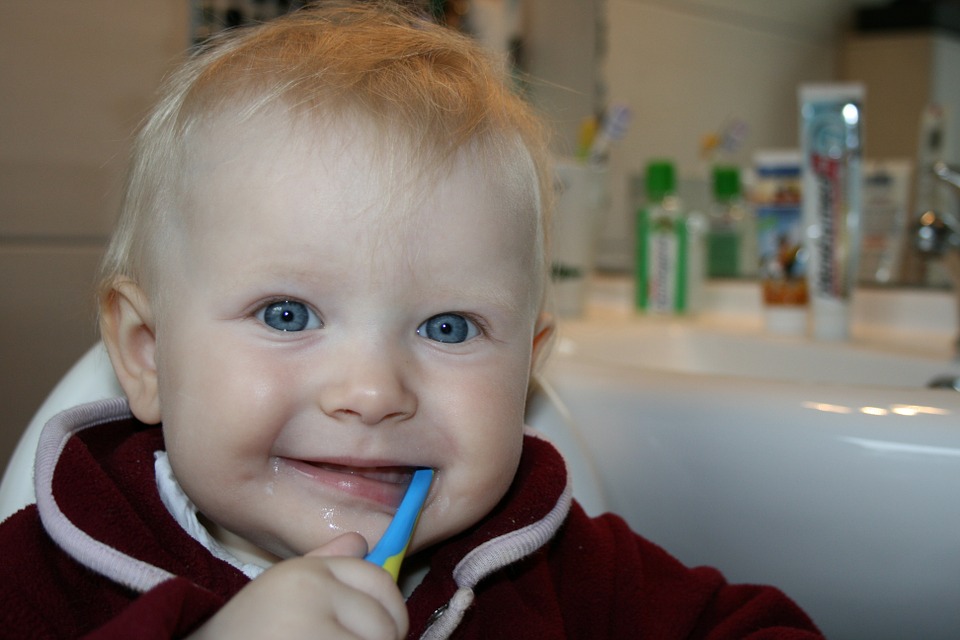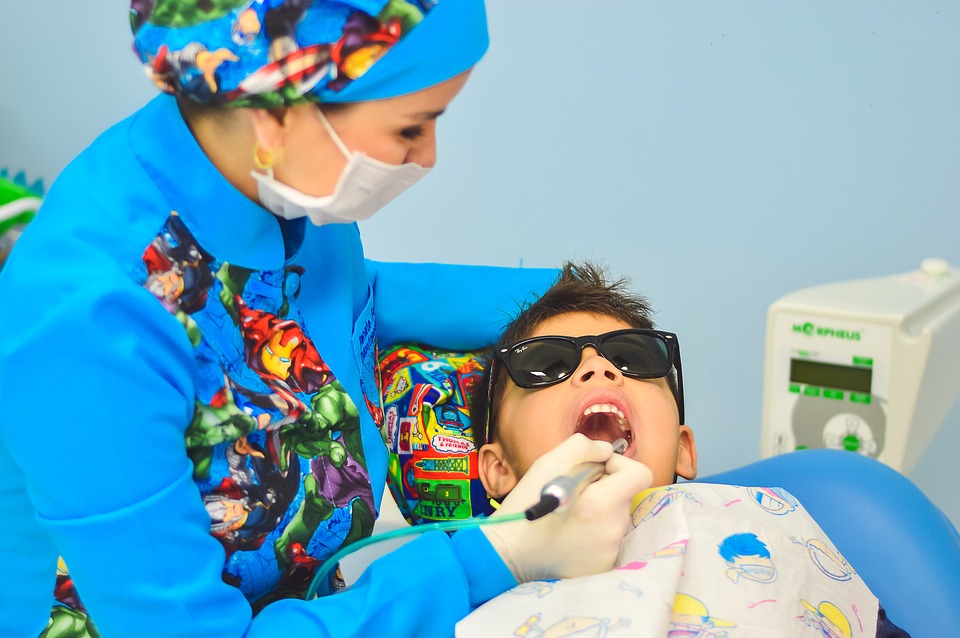Copyright: Unsplash | License: CCO Public Domain
The grinding of teeth during sleep, or sleep bruxism, is a condition that is very common in children. According to a study done by the National Center for Biotechnology Information, the overall prevalence was at a whopping 38%.
Most parents and guardians only realize this problem when already their children’s teeth have been damaged. This results in more money were going into dental care for their children.
You do not want to find yourself in a similar position. It is crucial that you note the signs of sleep bruxism early enough to get help for your children.
Signs of Sleep Bruxism
Jaw Pain
The jaw is made up of muscles that control the movement of the jaw. The muscles, however, can experience muscle fatigue just like any other muscles on the body.
Whenever the muscles are fatigued, the nerves in those muscles will send a message to the brain to avoid overusing the muscles. The message is usually in the form of pain.
Grinding of teeth during sleep will give you a sore jaw. Pain in the jaw immediately you wake up is a sign of sleep bruxism.
Headaches
Many people are quick to conclude that a headache in the morning is a sign of dehydration. They are right in many cases.
However, sleep bruxism can also cause headaches. The difference in the headaches is that sleep bruxism headaches are typically felt in the temples while dehydration headaches can occur at the front, back, side or all over the head.
Ask your child where they feel the headache the most to find out if it is asleep bruxism headache.
Crunching Sound during Sleep
The medical definition of bruxism also includes the clenching and gnashing of teeth. A crunching sound while your child is sleeping is an obvious sign that they are grinding, clenching, or gnashing their teeth.
You only want to hear breathing and a slight snore when you check in on your child during the night.
Sensitive Teeth
Your teeth are made up of a tissue known as the enamel. It is the white outer layer of the tooth and the hardest substance in the body, stronger than even your bones. The enamel protects the dentine beneath it.
The dentine is sensitive to heat, cold, and pain and therefore needs the enamel to protect it. Grinding of teeth during sleep destroys the enamel.
Your child cringing in pain after biting something hot or cold is a sign that the enamel has been destroyed.
Chipped and Loose Teeth
The gums hold all the teeth firmly in place. A loose tooth is a clear sign that there has been damage to the gums.
Grinding of teeth can result in the weakening of the teeth at the root. This will, in turn, lead to you having loose teeth.
Sleep bruxism can also lead to chipping of the tooth, especially after the first line of defense, the enamel, is destroyed.
Disrupted Sleep Pattern
Tooth pain has the unique ability to ruin your day whether you are an adult or a child. The constant throbbing is felt strongly by the body making it difficult to do your routine activities.
This same pain can infrequently come at night. When this happens, your child will have a disrupted sleeping pattern.
Pain in the Ears and Face in General
The muscles in the jaw are connected to the muscles in the ear and the face. Pain in the jaw could have a ripple effect. With time, you could start experiencing pain in your ear and face.
You should investigate further when your child complains of having jaw pain because it will almost always lead to pain in other areas of the face.
Irritability and Poor Concentration
According to the National Health Service, bruxism can sometimes manifest itself as a dull pain in the gums that does not go away. This pain can make any person irritable.
Your child is still learning how to react to both internal and external stimuli; experiencing this kind of pain can change their behavior. Sit down with your child and find out if the changed behavior has been caused by sleep bruxism.
Copyright: Unsplash | License: CCO Public Domain
Broken Fillings
Filling cavities is extremely important, more so in kids whose, affinity to sweet things is as high as ever. These fillings help bacteria from entering the teeth and causing decay.
Fillings are not permanent features; they have been known to loosen and fall out. However, many of them stick firmly in place.
When you find fillings on the pillow of your child’s bed, the chances are that he grinds his teeth during sleep.
Dark Circles under the Eyes
Lack of adequate sleep or infrequent sleep usually results in dark circles under the eye. However, this is a fairly common sign for other problems, so you are advised to check this sign plus any of the signs mentioned above.
Final Word
The importance attached to a perfect smile has seen dental care costs go through the roof. You and your family need to take preventive measures to reduce trips to the dentist’s office. Noticing the grinding of teeth during sleep by your child is one critical step doing this.






